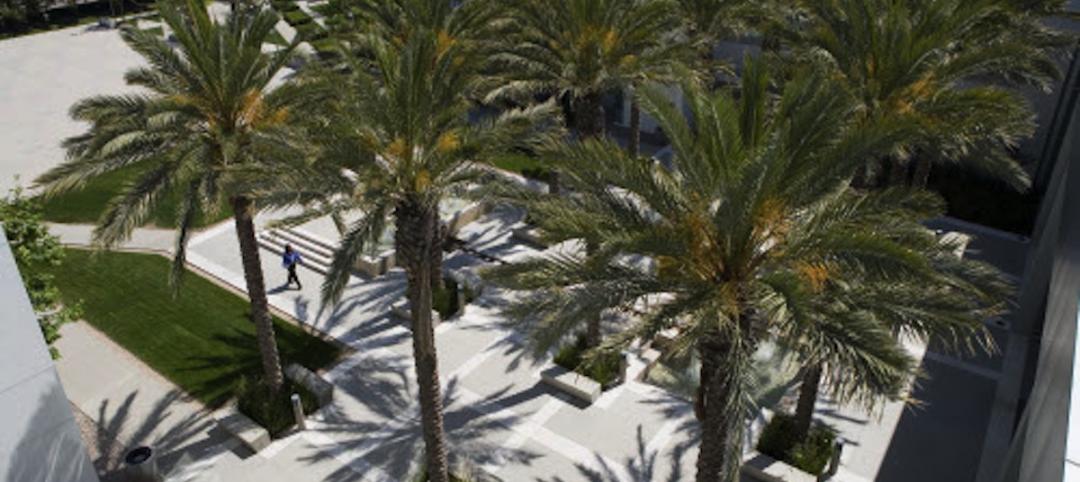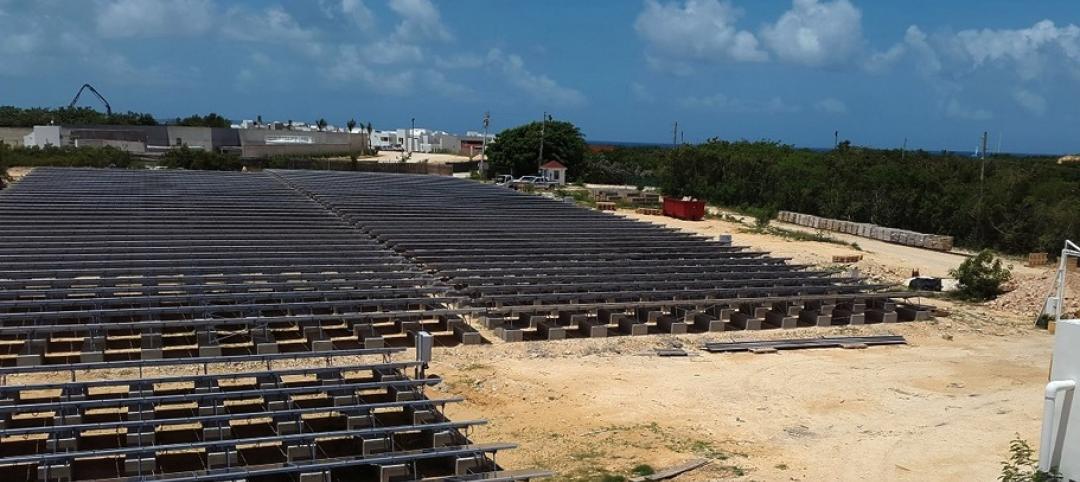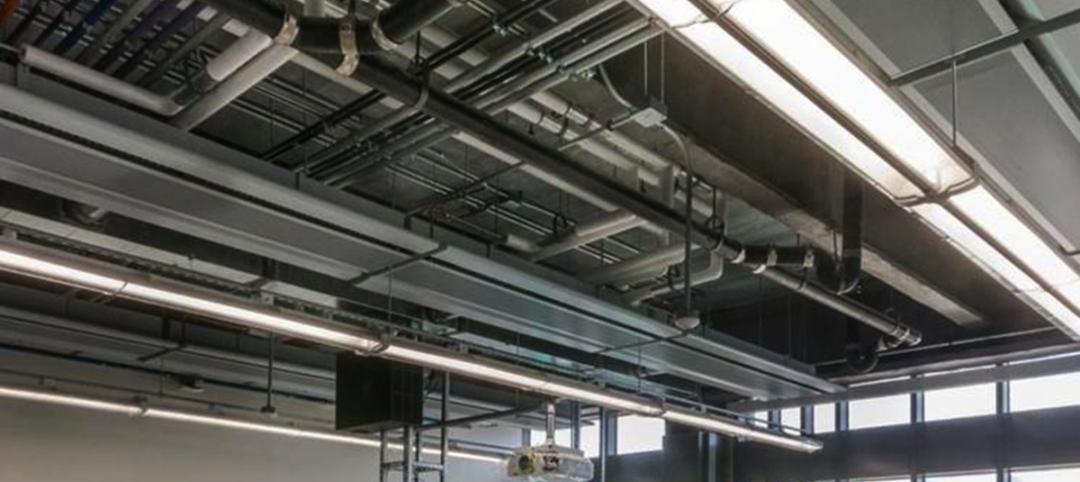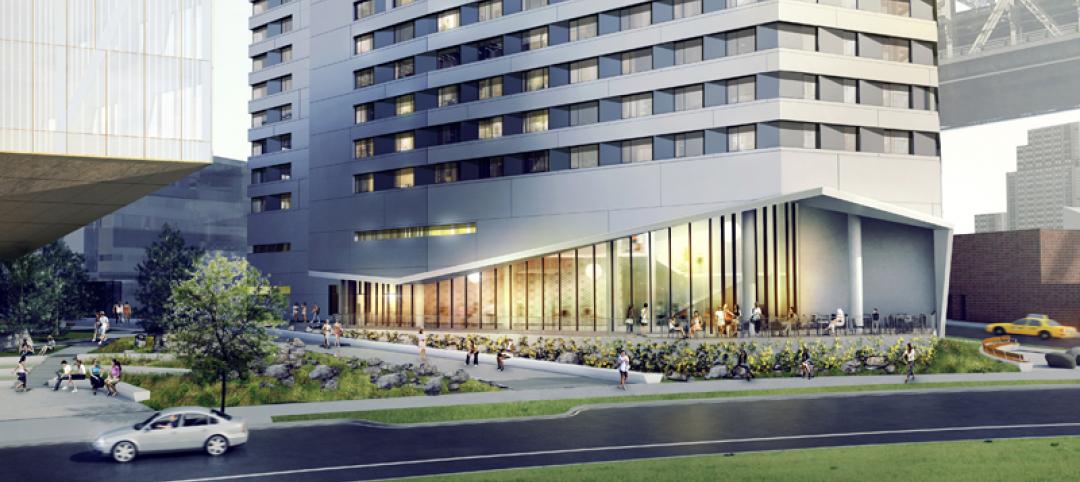The demand for renewable energy continues to grow. More and more, facility leaders are looking for a way to improve sustainability with large-scale solar programs that establish their environmental commitment and provide matching financial rewards. For professionals managing multiple properties, “going green” at one facility alone can be challenging enough. Implementing renewable energy across a portfolio of properties can seem even more daunting.
Consisting of 85+ properties across 19 states, Macerich is a fully integrated, self-managed and self-administered real estate investment trust which focuses on the acquisition, leasing, management, development and redevelopment of regional malls throughout the United States. Under the stewardship of Vice President of Sustainability, Jeff Bedell, Macerich continued to fulfill its pledge to environmentally sound practices with the game-changing decision to implement solar across their portfolio.
Clearing the Hurdles
The three main hurdles faced by all facility managers when going solar – financing, implementation, and operations and maintenance – were magnified by Macerich’s substantial portfolio of properties.
Tax equity financing in general is extremely complex, requiring customized transactions tailored to each individual project. Needless to say, creating these unique finance structures for each of the properties served as a main roadblock for Macerich. The question of ownership of the systems was also a major concern. To take adventage of available tax incentives, given the limited tax capacity of Real Estate Investment Trust (REIT) entitites, third-party ownership was crucial.
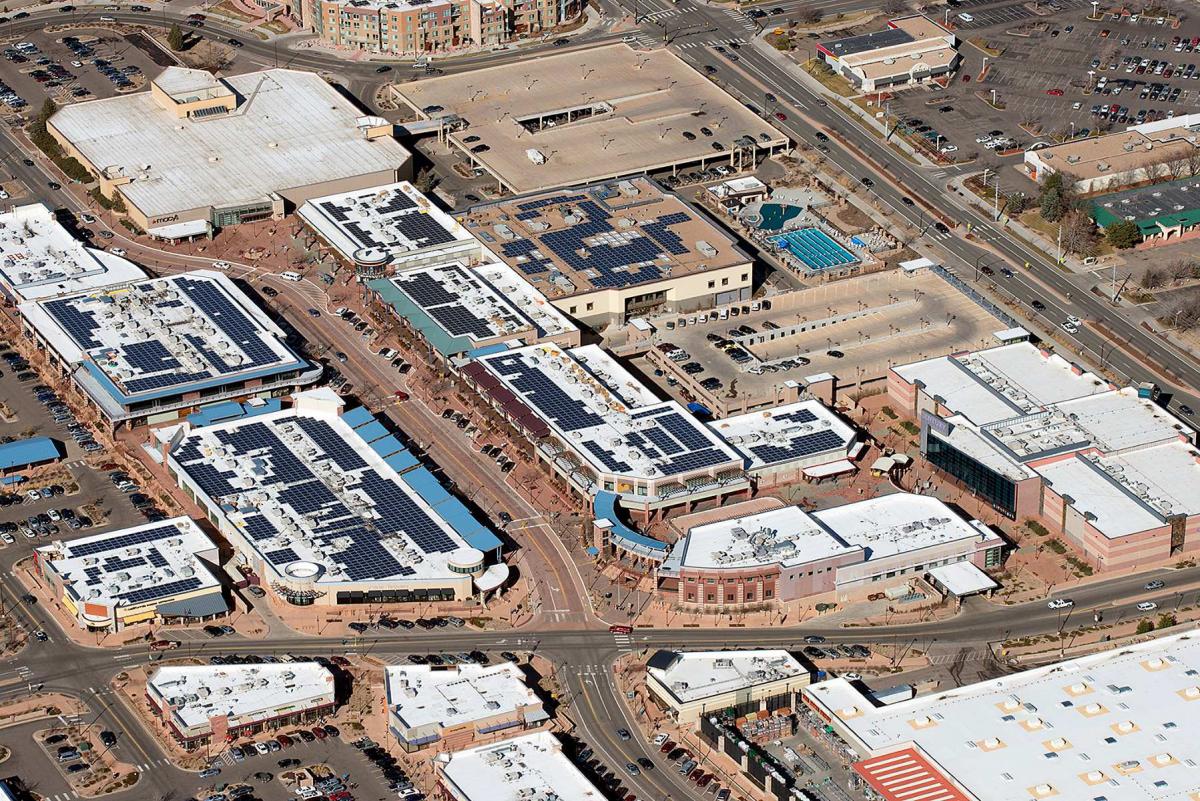
Twenty Ninth Street Mall, Boulder, CO
In the implementation phase, Macerich was faced with catering to the unique specifications of multiple properties located in a number of states, each with their own permitting and procurement regulations. Some locations had straightforward installation conditions, while others featured spaces that required high-level design and construction expertise. In addition, implementation without interruption to retail business was crucial.
Operations and long-term maintenance of each system posed its own distinctive set of challenges. While there was no shortage of companies available for operations and maintenance at the beginning of the endeavor, there existed a cavernous lack of companies in which Macerich could trust to be dependable, consistent providers of those services for more than two decades across their national portfolio.
While daunting, Macerich was excited to play the role of pioneer in the sustainable development of large REIT portfolios.
The Solar Solution
In response to frustrated expressions of facility leaders managing a broad range of projects, Panasonic, in an exclusive partnership with Coronal Group, developed a turn-key, end-to-end solutions based platform able to directly address finance, implementation, and operations and maintenance concerns.
In 2011, Macerich aligned with Panasonic to begin their REIT power program. With a customized financing structure, Panasonic was able to compensate for Macerich’s lack of tax appetite and support the utilization of the varying federal tax credits and local incentives pertinent to each individual property. Panasonic’s unique comprehensive solution also resolved the issue of ownership, providing the third-party entity responsible for carrying the systems as assets via their relationship with Coronal Group.
With their extensive global network, Panasonic ensured quality implementation for every aspect of each individual project, regardless of location. And, as a nearly 100 year-old, $65 billion company, Panasonic guaranteed its ability to fulfill the 20 year commitment to sustaining expert operations and maintenance of Macerich’s solar systems.
Together, Macerich and Panasonic are nearing the successful installation of solar across 11 shopping centers totaling 10 MW of clean energy – enough power for approximately 10,000 homes.
Related Stories
Green | Jul 7, 2015
Philips sheds new light on growing fresh food indoors
A research center in The Netherlands is testing the latest techniques in urban farming.
Green | Jun 29, 2015
Rick Fedrizzi to step down as USGBC’s Chief Executive next year
Fedrizzi will be leaving an organization that has grown to 76 chapters. The Washington, D.C.-based USGBC employs 260 people, and last year reported $74.1 million in revenue.
Green | Jun 26, 2015
Training center for electricians in L.A. focuses on net zero technologies
Construction has begun Los Angeles County on what is being called the nation’s largest Net Zero Plus retrofit of a commercial building.
Green | Jun 24, 2015
6 steps toward better water management [AIA course]
When it comes to water conservation, Building Teams tend to concentrate on water-efficient plumbing fixtures, irrigation controls, graywater capture, and ways to recycle condensate from air-conditioning systems. Yet many of the best opportunities for saving water begin with big-picture thinking in a project’s earliest phases.
Green | Jun 19, 2015
3 steps toward sustainable landscape architecture
A water-conscious, sustainable landscape is easily achievable, and the options for native and drought tolerant plants far exceed cacti and succulents, writes LPA's Richard Bienvenu.
Green | Jun 18, 2015
‘Solar water’ poised as global solution
Strapped with both water and energy crises, several island nations are investing in solar-powered water plants to attain more resilient water and power sources.
Lighting | Jun 17, 2015
LED lighting: Replaceable or disposable?
While first generation LED lighting fixtures were basically your standard incandescent or fluorescent housing retrofitted with LED light boards, manufacturers have now begun designing fixtures around the LEDs, writes SmithGroupJJR's Michael Nowicki.
High-rise Construction | Jun 15, 2015
Cornell Tech breaks ground on world's first Passive House residential high-rise
To achieve Passive House standards, Cornell Tech Residential will incorporate a number of sustainability-focused design elements. The façade, constructed of a prefabricated metal panel system, acts as a thermally insulated blanket wrapping the building structure.
Green | Jun 10, 2015
GBCI launches rating system for sustainable landscapes
The new SITES rating system can be applied to development projects located on sites with or without buildings, ranging from national parks to corporate campuses, streetscapes and homes, and much more.


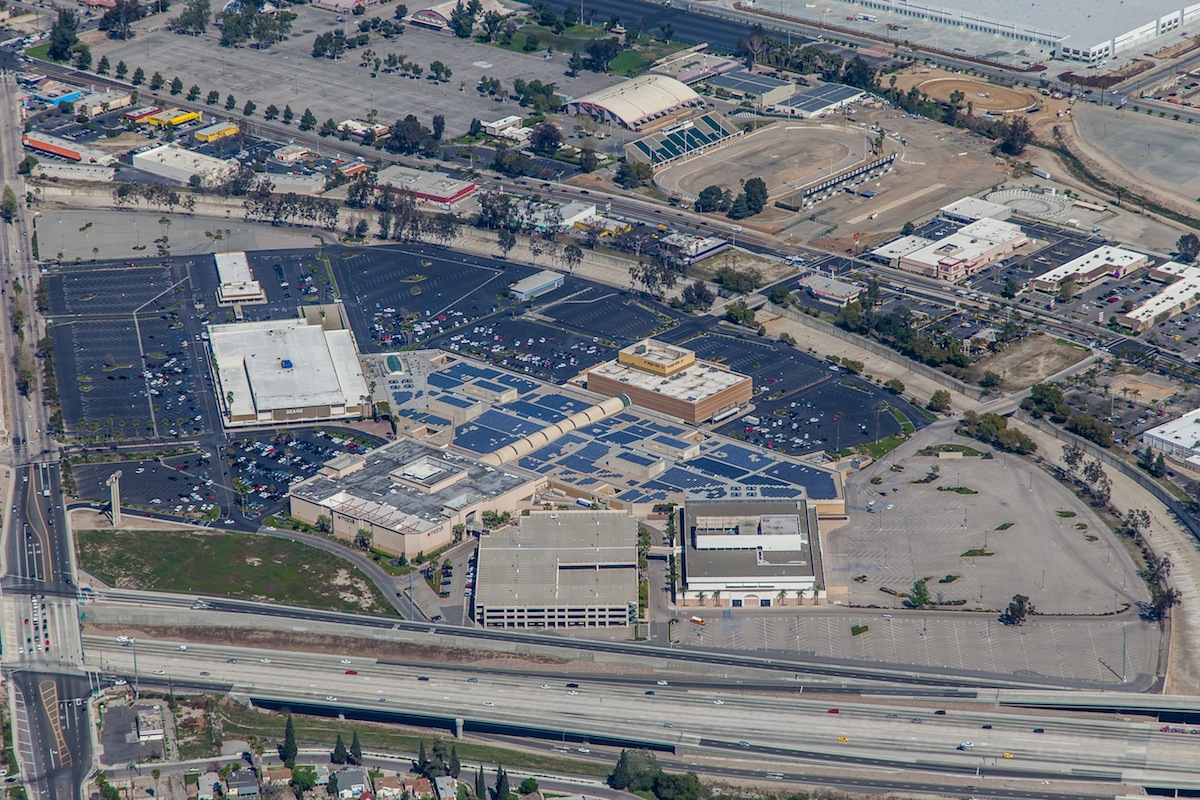
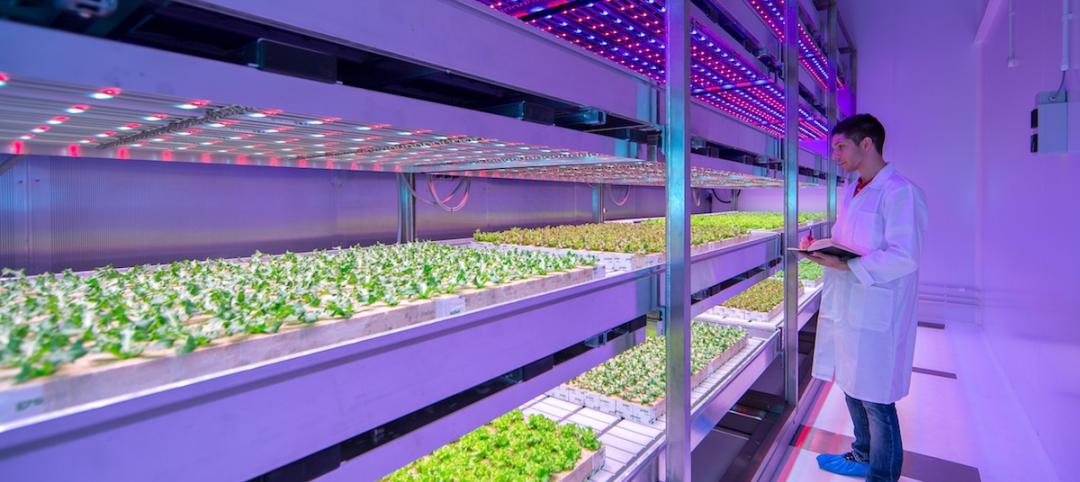
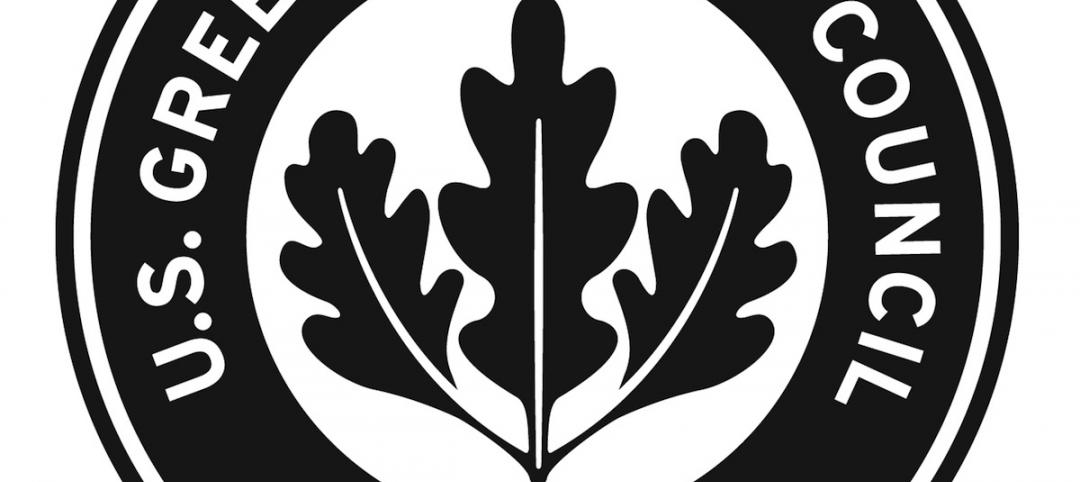
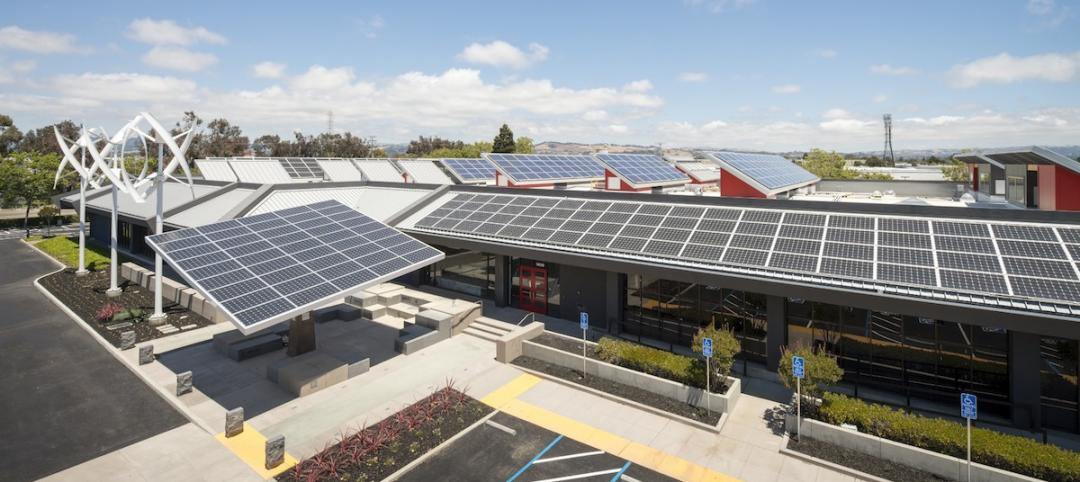
![6 steps toward better water management [AIA course] 6 steps toward better water management [AIA course]](/sites/default/files/styles/list_big/public/VanDusen513.026_grassfix_stairfix.jpg?itok=K8oOWak9)
